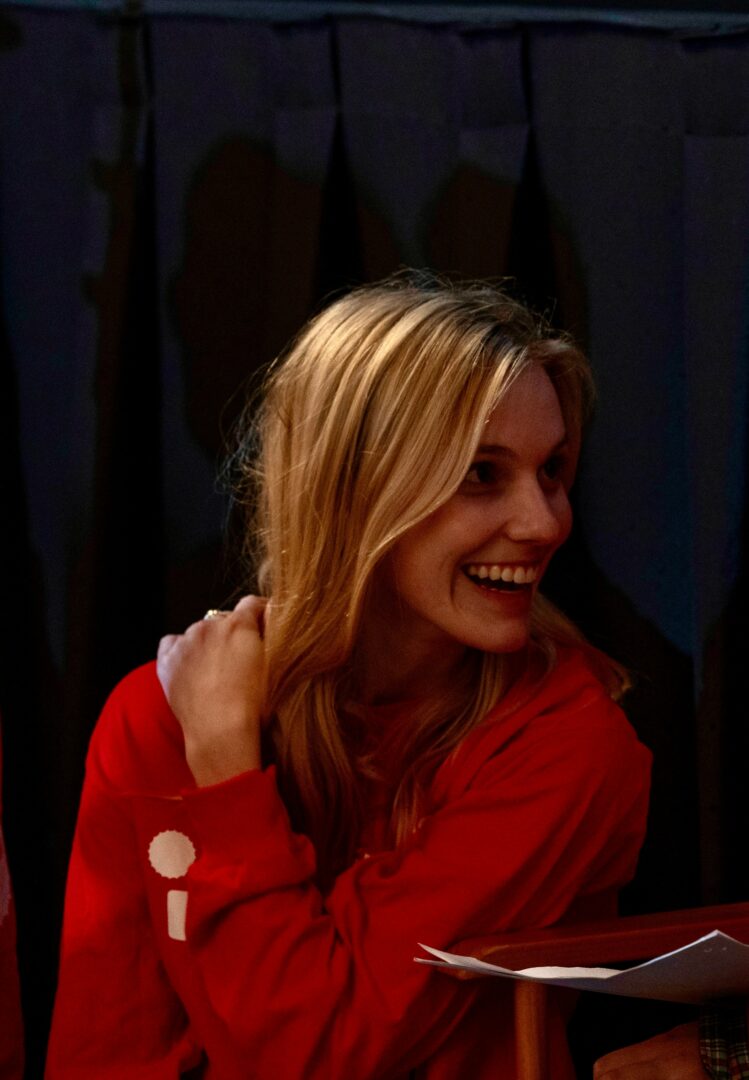We recently connected with Carter Brinegar Brinegar and have shared our conversation below.
Carter Brinegar, thank you so much for joining us today. Let’s jump right into something we’re really interested in hearing about from you – being the only one in the room. So many of us find ourselves as the only woman in the room, the only immigrant or the only artist in the room, etc. Can you talk to us about how you have learned to be effective and successful in situations where you are the only one in the room like you?
My love for film started like it does for many, watching movies growing up and getting swept away by the storytelling. But my passion for becoming a film producer really took shape when I started learning about the role of women in Hollywood. One Christmas, my mom gave me Women vs. Hollywood by Helen O’Hara, and reading it was a turning point. It opened a door to the history of women who helped build the film industry, how instrumental they were, and how often they were pushed out or overlooked. That book lit a fire in me. I realized I didn’t just want to work in film, but I wanted to help change the narrative.
Since then, I’ve committed myself to that goal, and now I’m studying film producing at SCAD. But even in school, I’ve found myself in spaces where I’m the only woman on a production team or part of a largely male crew. Those moments have been both challenging and eye-opening. I’ve learned to assert myself, to lead with clarity and empathy, and to trust that my voice and perspective are needed, especially in rooms where they’ve historically been missing.
I’ve studied the numbers, I know the uphill battle women in film face, but rather than be discouraged, I’m driven by it. I love this industry and this art form deeply, and I believe producers have the power to shape not only what stories get told, but how they get told and who gets to tell them. My goal is to lead productions that reflect a more inclusive Hollywood and to pave the way so that future women in film don’t have to feel like the “only one in the room.”
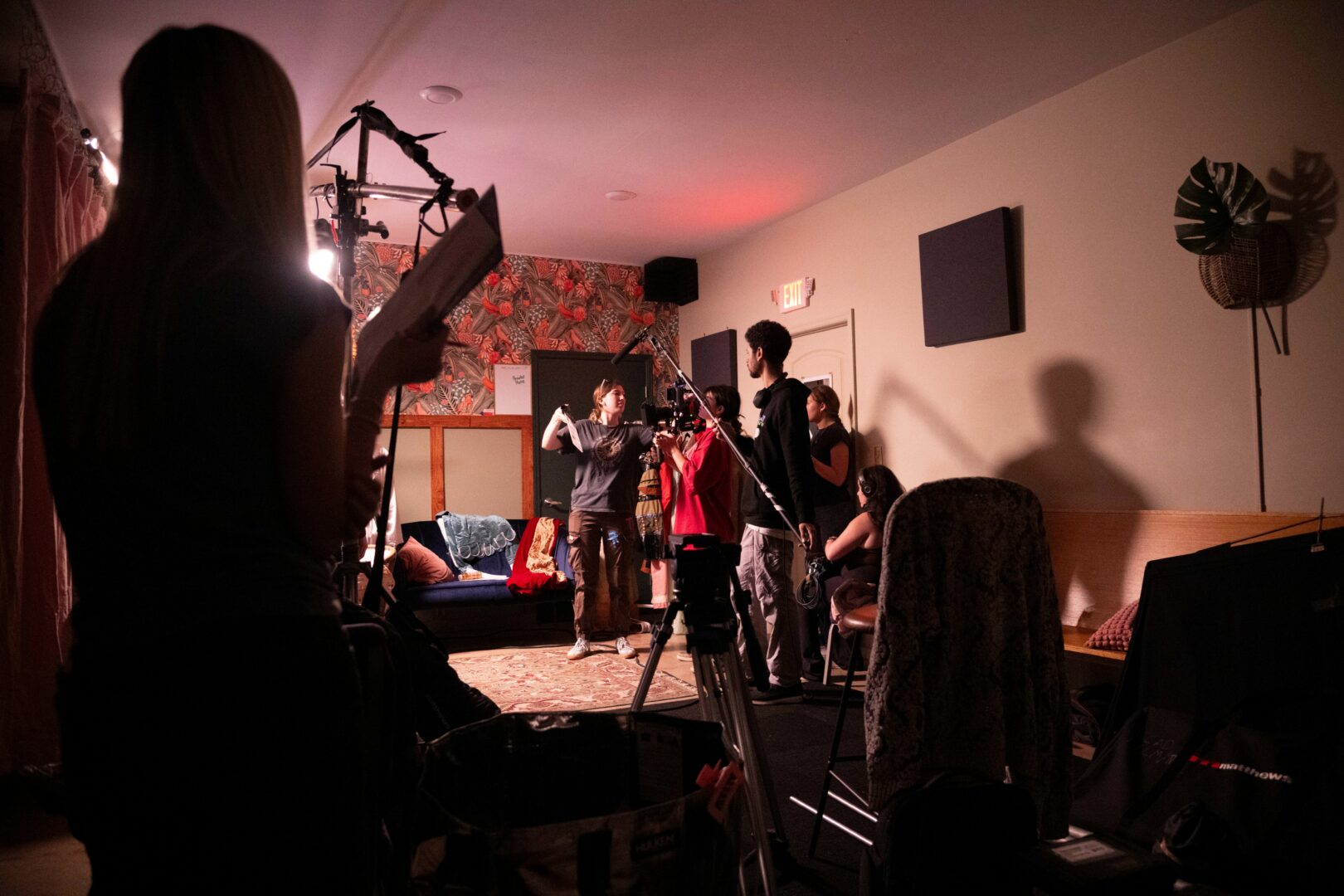
Let’s take a small detour – maybe you can share a bit about yourself before we dive back into some of the other questions we had for you?
I’m currently going into my junior year at the Savannah College of Art and Design (SCAD), pursuing a BFA in Film and Television with a Minor in both Producing and Business. Producing is the role I feel most at home in and it’s where I thrive on student film sets, and it’s what I plan to pursue professionally.
What excites me most about producing is honestly the “dirty work” that not everyone jumps to do. I love the logistics such as locations, budgets, schedules, permits, fundraising, distribution, submitting to grants and festivals… even booking porta potties if that’s what it takes to make the set run smoothly. I’m deeply motivated by the opportunity to help others bring their stories to life. My job as a producer is to make sure every creative on the project, from the director to the grip crew, has what they need to do their best work in a safe, organized, and supportive environment.
For me, producing isn’t just about spreadsheets and call sheets, it’s about people. I care deeply about the cast, the crew, and the stories we’re telling together. I take pride in going all-in for every project I commit to, because I don’t want to let anyone down. There’s nothing more rewarding than seeing a script come to life, knowing that I helped create the conditions for that vision to flourish.
Right now, even though we’re on summer break at SCAD, I’m staying busy in preproduction for several upcoming projects that will shoot in the fall and winter. I’m juggling Zoom meetings, scheduling, coordinating early logistics, and everything that needs to happen behind the scenes to make sure we hit the ground running once we’re back on campus.
If there’s one thing I’d want people to know about me and my work, it’s that I genuinely love this role. I’m proud to be a producer, especially as a woman in a space where we’re still underrepresented. And I’m excited to keep building a career where I can support bold, diverse, and meaningful storytelling on every level.
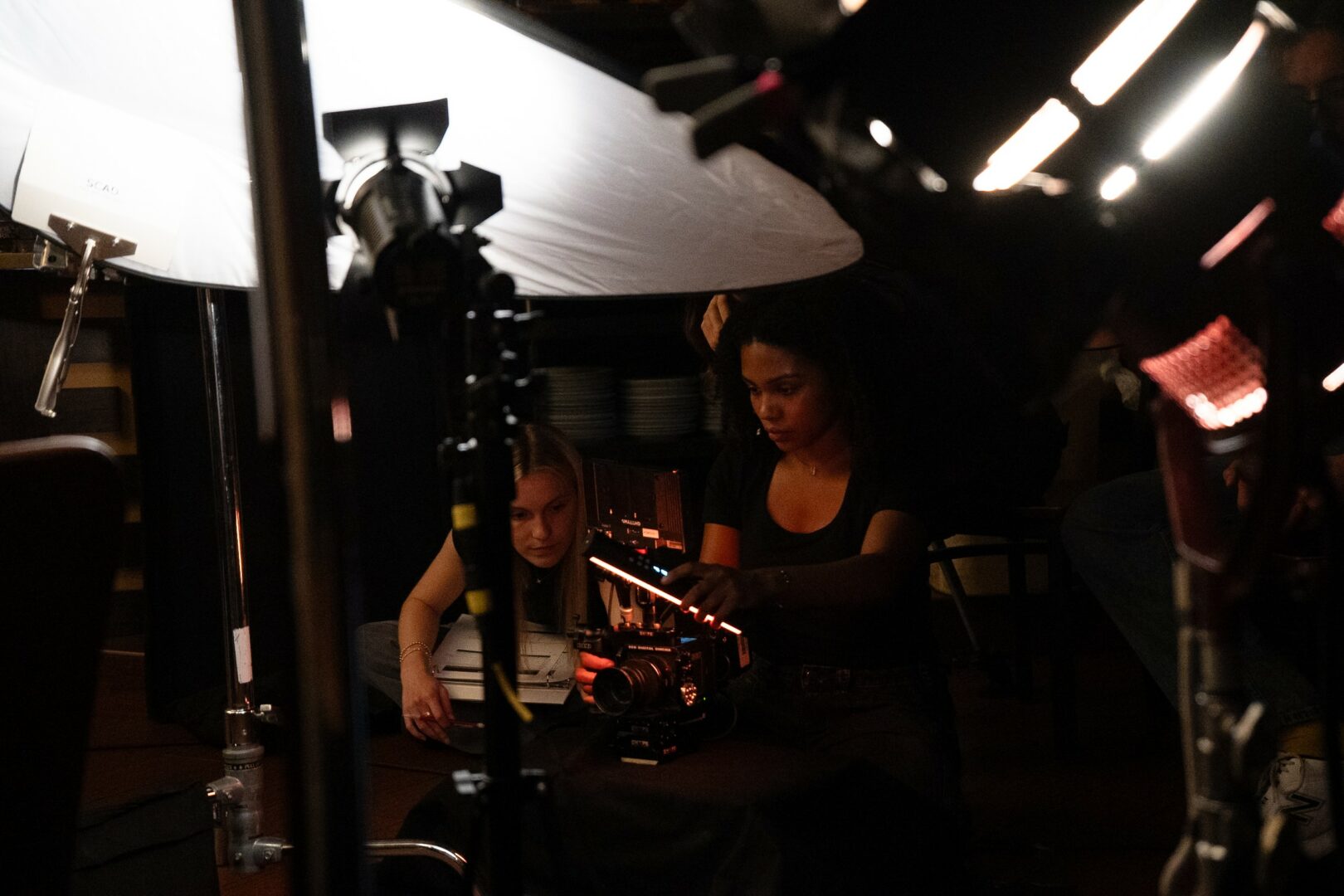
Looking back, what do you think were the three qualities, skills, or areas of knowledge that were most impactful in your journey? What advice do you have for folks who are early in their journey in terms of how they can best develop or improve on these?
One of the most impactful things I did early on was learning to say yes. When I first got to college, I was honestly scared to take on producing roles. I felt like I didn’t know enough or hadn’t earned a spot at the table yet. But once I said yes and just did it, everything changed. You truly learn by doing. My biggest advice to anyone starting out is: say yes, show up with a good attitude, and don’t be afraid to figure things out as you go. If you don’t know something, Google it. Ask someone. Most people are more than willing to help if they see you’re genuinely eager and ready to work hard.
Second, I’ve learned how valuable it is to work with as many different people as possible. I’ve gained insight and experience on sets ranging from Film 100 student shorts to senior theses, to commercial shoots like a Coca-Cola spot, and even spontaneous video projects with friends. Every project, no matter the size, has taught me something new, whether it’s about a specific crew position or just how to communicate more effectively on set. People are my greatest source of inspiration, and I’ve become a better producer simply by being around passionate, talented peers and learning from them.
The third and most recent lesson I’ve learned is that it’s okay to say no sometimes. For a while, I said yes to every project I was asked to produce. But I eventually realized I couldn’t give each one the full time and care it deserved. Now, I’m learning to prioritize quality over quantity, to only commit when I know I can give something my all. That’s been a hard but necessary shift.
So if you’re just starting out, say yes! Do the work, stay curious, and surround yourself with people who are passionate, but also know your limits, and protect the energy you bring to your work. That balance is what will help you grow the most.
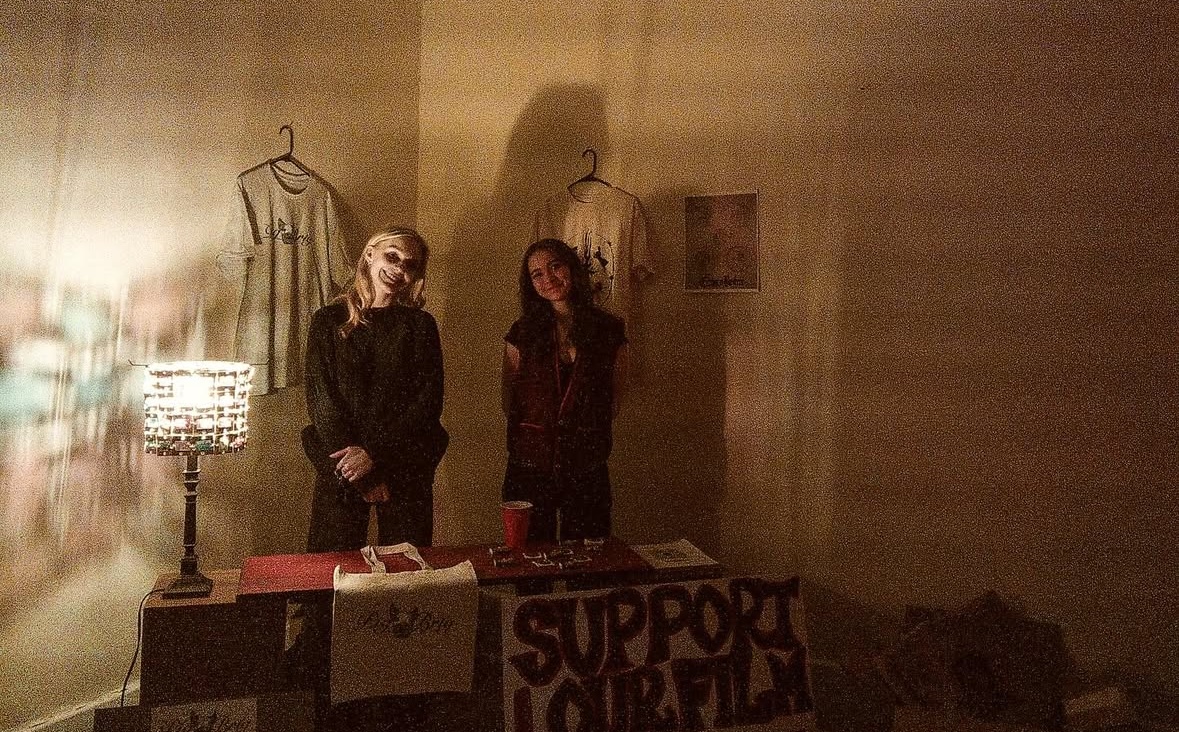
Is there a particular challenge you are currently facing?
Right now, my biggest challenge is imposter syndrome, and the self-criticism and comparison that often come with it. I can be really hard on myself when I make a mistake, miss a deadline I set, or don’t know something I feel like I should know. In those moments, I worry I’m letting people down, especially when I care so much about the cast, crew, and projects I’m involved in.
I’m surrounded by incredibly talented peers and other student producers, and while that’s inspiring, it can also trigger comparison. I’ll catch myself thinking, “Why don’t I have it as together as they do?” or “Am I doing enough?”
The way I’ve been working through it is by focusing on effort and progress, rather than perfection. When I feel overwhelmed or doubtful, I ground myself by diving back into the work, knowing that if I’m giving it my all and pushing to do my best, that’s something to be proud of. I also try to shift my mindset from comparison to curiosity. If I feel intimidated by someone’s talent, I ask myself: “What can I learn from them?” That small mental shift helps turn insecurity into motivation.
And perhaps most importantly, I’m learning that asking for help isn’t a sign of weakness, it’s a strength. Whether it’s a classmate, mentor, or fellow crew member, reaching out has helped me grow and feel more supported. I think imposter syndrome may always be something I navigate, but I’m learning to recognize it, speak truth to it, and keep showing up anyway.
Contact Info:
- Instagram: @carter.brinegar
- Other: My Upcoming Productions Socials:
@bloodshotfilm
@twinklemytoes_film
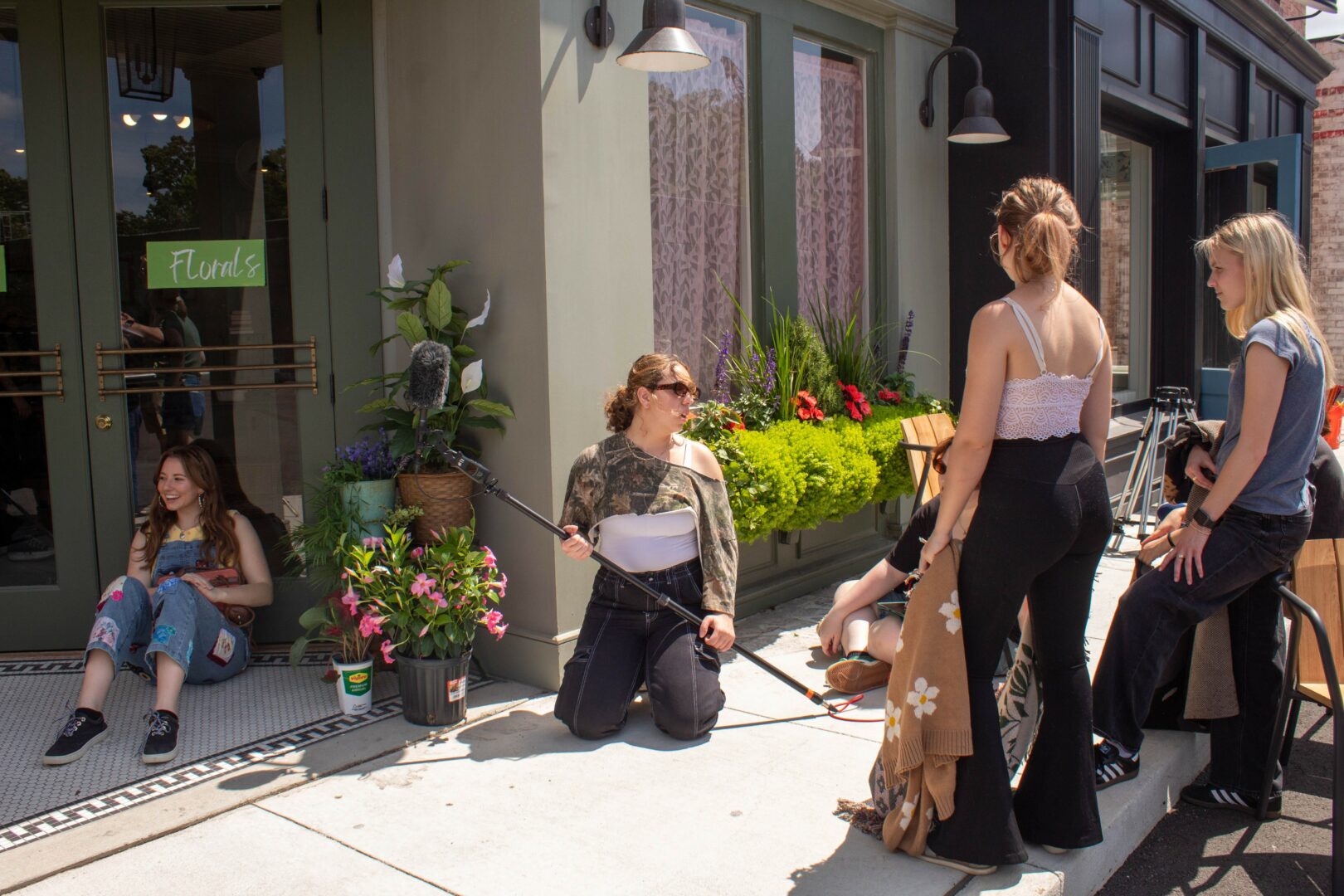
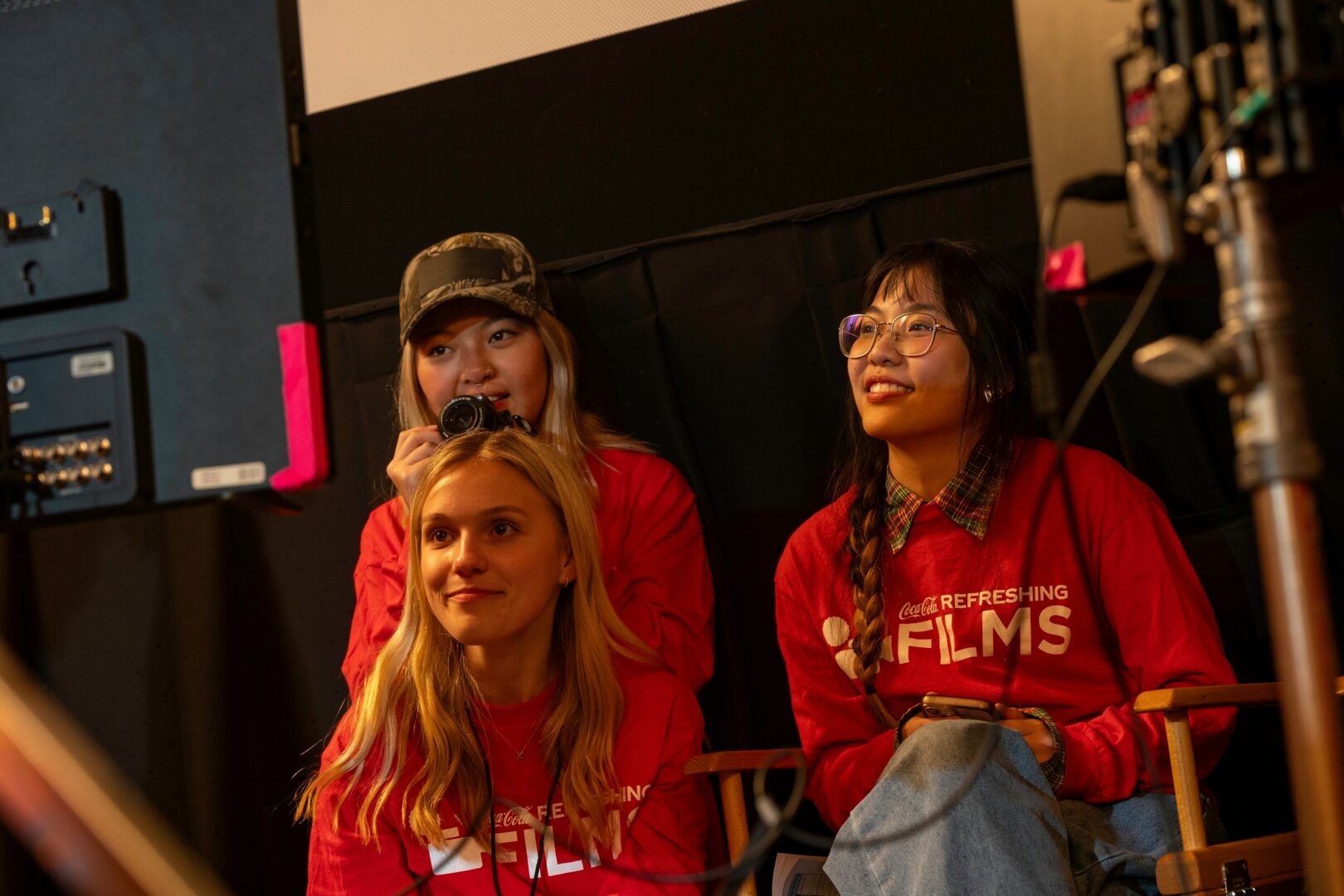
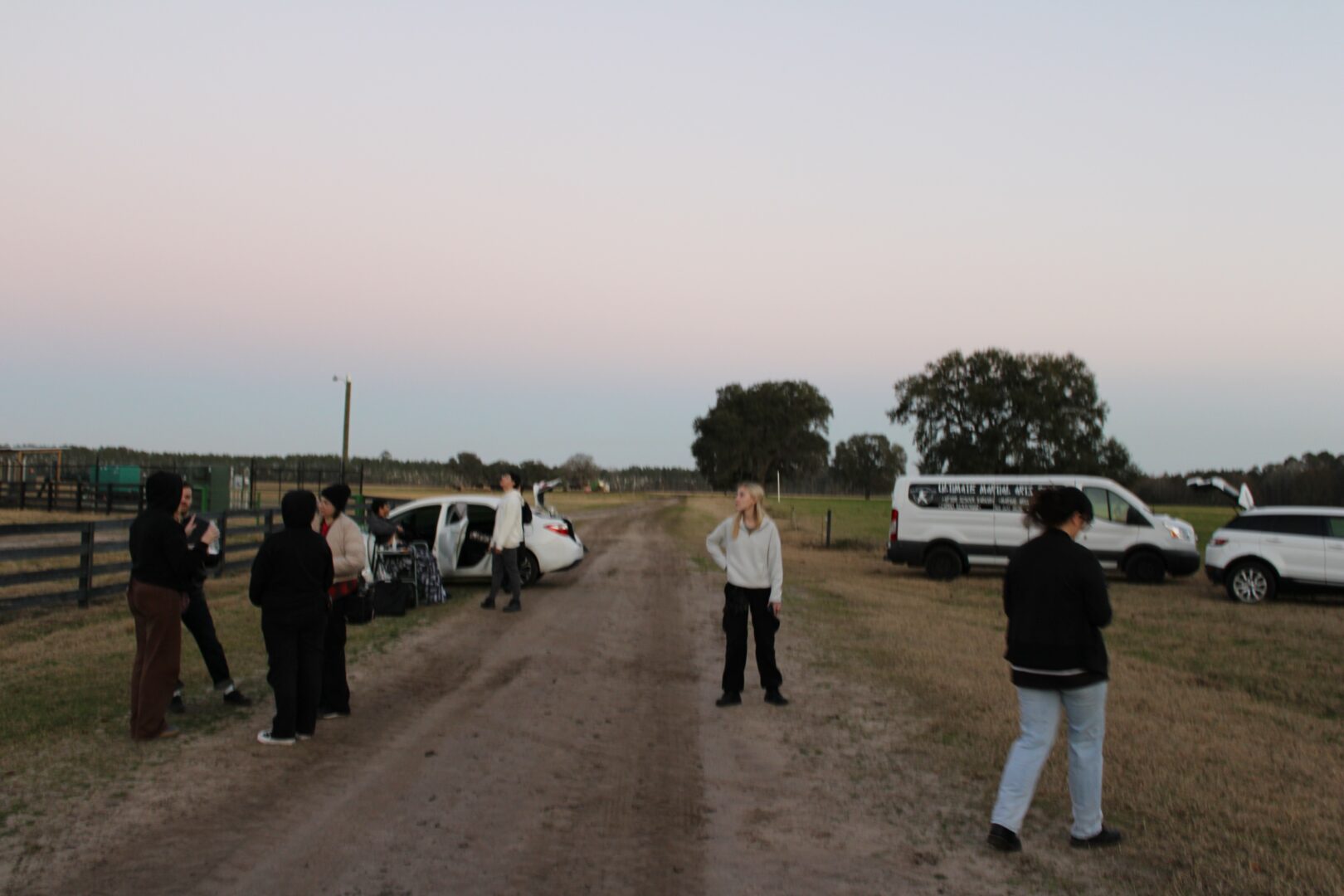
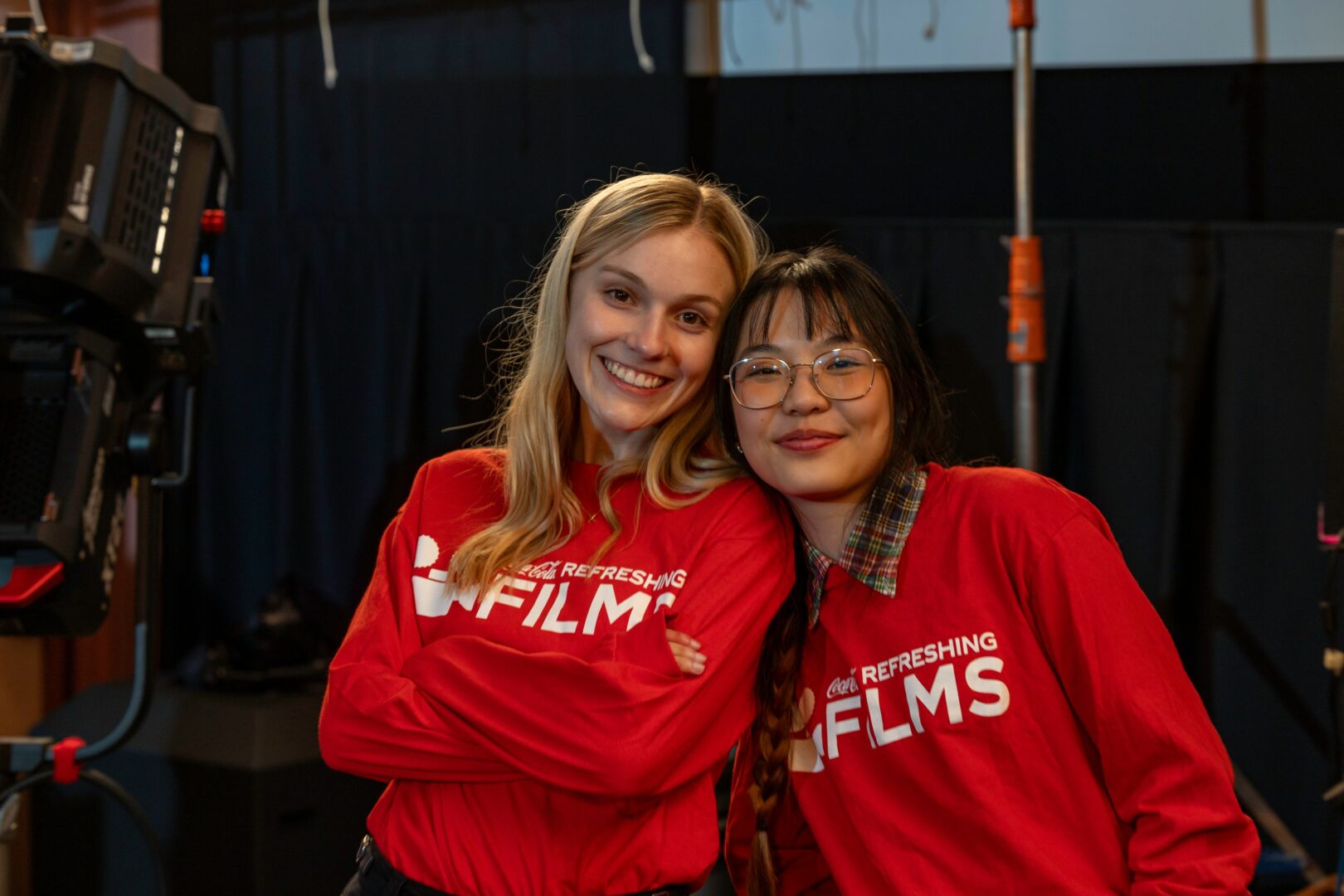
Image Credits
Image Credits:
– Jack Snelson
– Phoebe Kilduff
– Sydney Hinds
– Liam McMullen
so if you or someone you know deserves recognition please let us know here.

